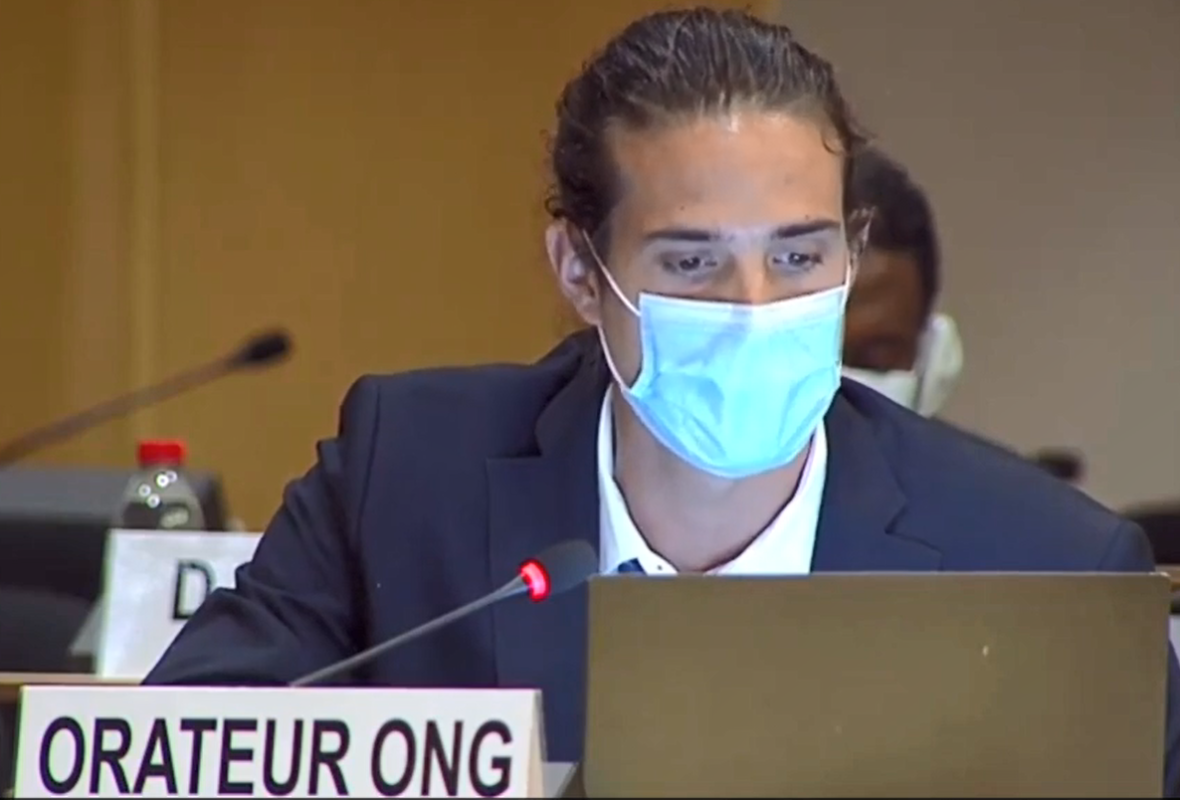On 15 July 2020, ADHRB has delivered an oral intervention at the United Nation Human Rights Council session 44 under the annual panel on Technical cooperation.
Mister Vice President,
Technical Cooperation is a leading program of the High Commissioner for Human Rights (OHCHR) and is crucial to improve the overall human rights situations and practices in a given country. Despite the importance of this program, we would like to raise the question of the effectiveness of the technical cooperation program, especially the role and relations of civil society and human rights defenders.
For example, in Yemen’s and Saudi Arabia’s technical cooperation programs, there is a clear absence of engagement with the civil society. Do you think that the absence of cooperation is problematic and what suggestions do you have to OHCHR and the governments of Yemen and Saudi Arabia in this regard?
As mentioned in your report, there are 10 million people deprived of their liberty. The majority of these prisoners are in systems which are overcrowded and in conditions that do not meet international standards. Your report rightly stated that the right to liberty and security, and the obligation to treat imprisoned persons with dignity and humanity, is widely recognized in international instruments as one of the most fundamental human rights.
There are several procedures and mechanism that one can relates to address human rights violations of the prisoners, such as the OHCHR, special procedures, or the different treaty bodies. For example, we have received several reports from prisoners of conscious in Bahrain of human rights violations committed against them in a consistent and systematic manner. Despite submitting complaints to Bahrain’s National Institute for Human Rights and the Bahraini Ombudsman, such violations continued. Our question: What measures should be implemented by this Council to address such systematic violations by a member state like Bahrain?
Thank you





